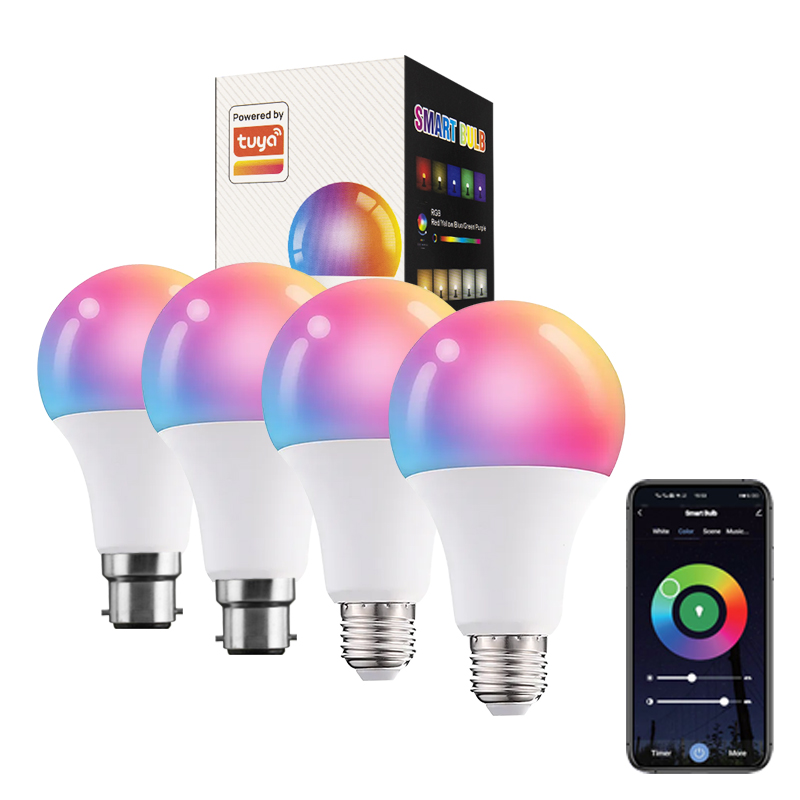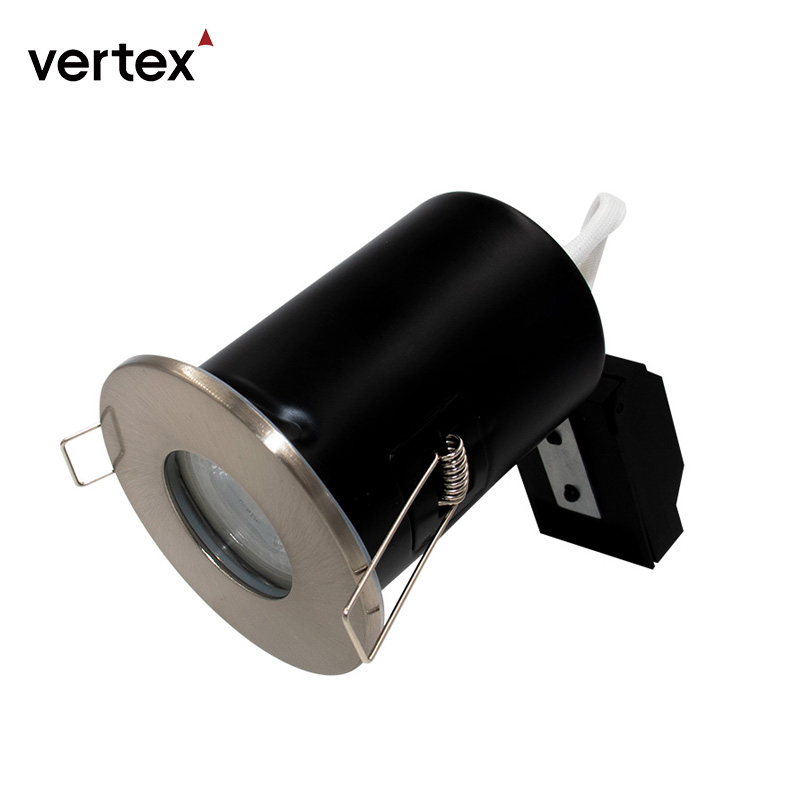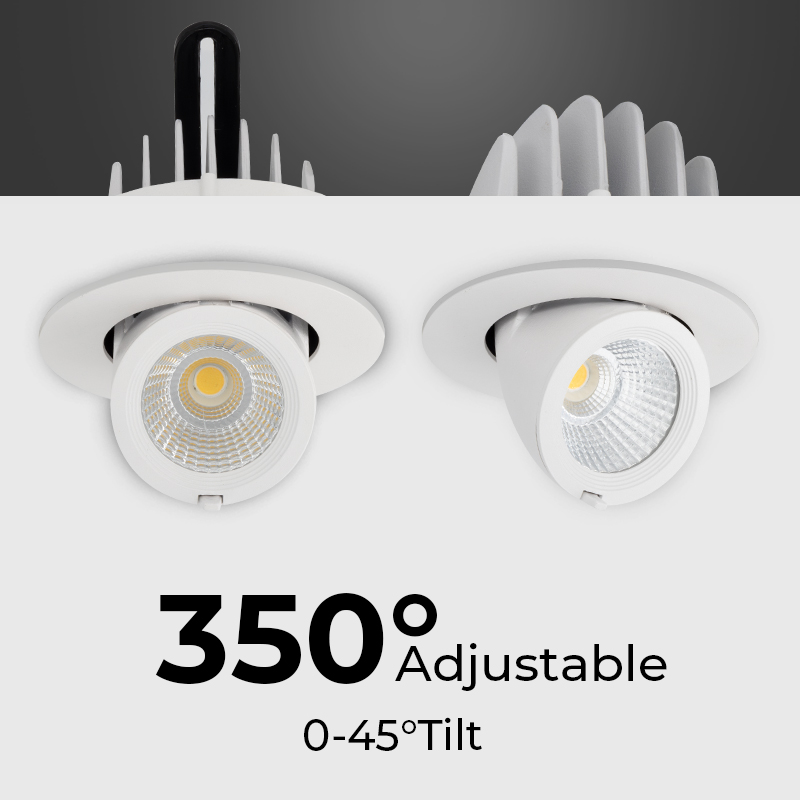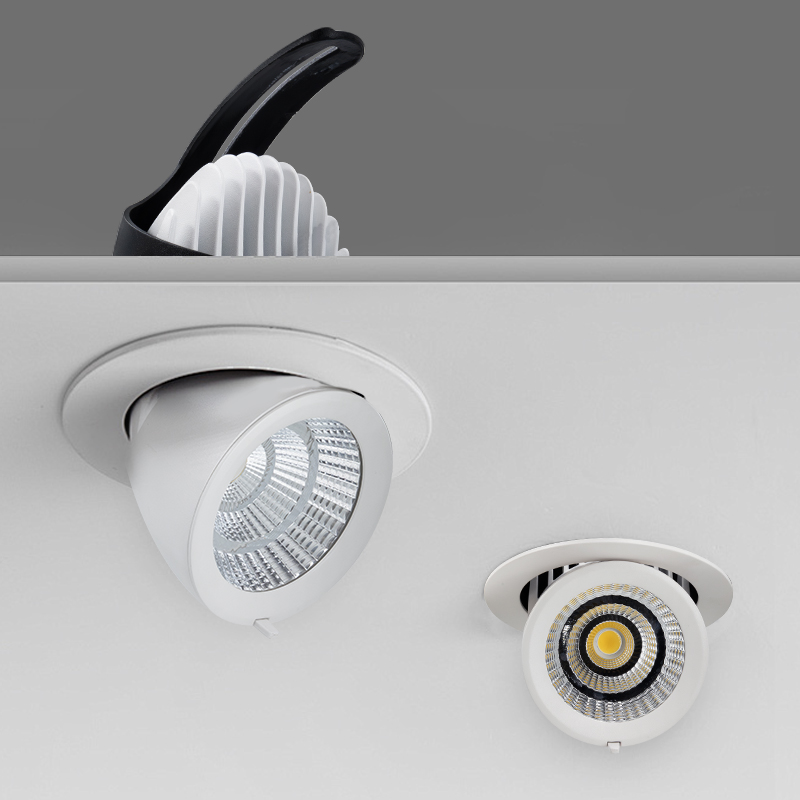
Promoting smart light bulbs involves a combination of marketing strategies and tactics to raise awareness, educate consumers, and drive sales. Here's a step-by-step guide to help you promote smart light bulbs effectively:
-
Understand Your Target Audience:
- Identify your target audience, such as homeowners, renters, tech enthusiasts, or businesses.
- Understand their needs, preferences, and pain points related to lighting and smart home technology.
-
Product Differentiation:
- Highlight what sets your smart light bulbs apart from the competition. This could be features, energy efficiency, ease of use, or compatibility with popular smart home platforms (e.g., Amazon Alexa, Google Assistant, Apple HomeKit).
- Emphasize any unique selling points (USPs) your bulbs have.
-
Create High-Quality Content:
- Develop informative and engaging content, including blog posts, videos, infographics, and tutorials.
- Topics could include "How to Set Up Smart Bulbs," "Benefits of Smart Lighting," or "Comparing Smart Bulb Brands."
- Use SEO techniques to optimize your content for search engines.
-
Social Media Marketing:
- Establish a presence on social media platforms relevant to your target audience.
- Share product updates, tips, and user testimonials.
- Run paid advertising campaigns on platforms like Facebook and Instagram to reach a broader audience.
-
Email Marketing:
- Build an email list of interested customers and subscribers.
- Send out regular newsletters with promotions, product updates, and educational content.
- Use email marketing automation to nurture leads and encourage repeat purchases.
-
Influencer Marketing:
- Partner with influencers in the home automation or tech niche to review and promote your smart light bulbs.
- Influencers can create authentic content that resonates with their followers.
-
Online Reviews and Ratings:
- Encourage satisfied customers to leave positive reviews on e-commerce platforms and review websites.
- Address any negative reviews promptly and professionally to maintain your brand's reputation.
-
Retail Partnerships:
- Collaborate with brick-and-mortar retailers to showcase your smart bulbs in-store.
- Offer promotional deals or bundles through these partnerships.
-
Trade Shows and Exhibitions:
- Participate in relevant industry trade shows or home improvement exhibitions to showcase your products.
- This can help you network with potential customers and other businesses in the industry.
-
Customer Support and Education:
- Provide excellent customer support to assist users with setup and troubleshooting.
- Offer online tutorials and FAQs on your website to address common queries.
-
Sustainability and Energy Efficiency:
- Highlight the energy-saving and environmental benefits of smart light bulbs.
- Emphasize their long-term cost savings.
-
Loyalty Programs and Discounts:
- Implement loyalty programs to reward repeat customers.
- Offer discounts or special promotions to incentivize purchases.
-
Track and Analyze:
- Use analytics tools to monitor the performance of your marketing efforts.
- Adjust your strategy based on data and customer feedback.

Remember that promoting smart light bulbs is an ongoing process. Stay up to date with industry trends and technology advancements, and be ready to adapt your marketing strategies accordingly. Building a strong online presence and brand reputation is key to successful promotion.
There are numerous smart bulb brands in the market, each offering a variety of features, compatibility options, and price points to cater to different consumer preferences and needs. Here are some notable smart bulb brands as of my last knowledge update in September 2021:
-
Philips Hue: Philips Hue is one of the most well-known and established brands in the smart lighting industry. They offer a wide range of smart bulbs, including white bulbs, color-changing bulbs, and outdoor options. Philips Hue bulbs are compatible with popular smart home platforms like Amazon Alexa, Google Assistant, and Apple HomeKit.
-
LIFX: LIFX is known for its Wi-Fi-connected smart bulbs. They offer a range of color-changing bulbs, white bulbs, and specialty lighting options. LIFX bulbs are known for their brightness and vibrant colors. They also work with major voice assistants and can be controlled through a dedicated app.
-
Wyze Bulb: Wyze is known for its affordable and user-friendly smart home products. Their smart bulbs are competitively priced and offer basic smart lighting features. They can be controlled using the Wyze app or integrated with Amazon Alexa or Google Assistant.
-
Sengled: Sengled offers a variety of smart lighting solutions, including smart bulbs with built-in speakers, Wi-Fi cameras, and motion sensors. They provide affordable options for consumers looking to start building a smart lighting ecosystem.
-
Eufy by Anker: Eufy, a subsidiary of Anker, offers smart bulbs and other smart home products. Their bulbs are known for their simplicity and compatibility with popular voice assistants. Eufy bulbs often don't require a separate hub for operation.
-
C by GE: General Electric's C by GE brand offers smart lighting solutions, including bulbs that are compatible with Amazon Alexa and Google Assistant. Some C by GE bulbs also have built-in Bluetooth speakers and can be controlled through the C by GE app.
-
TP-Link Kasa: TP-Link's Kasa brand includes smart bulbs that offer compatibility with major voice assistants, app control, and scheduling features. They are known for their reliability and ease of use.
-
Nanoleaf: Nanoleaf is famous for its unique and customizable light panels, but they also offer smart bulbs. Their products are often considered artistic and can be controlled through their dedicated app or integrated with voice assistants.
-
Hive: Hive is a British smart home brand that offers a range of smart bulbs and lighting products. Their products are known for their energy efficiency and integration with their broader smart home ecosystem.
-
Xiaomi Yeelight: Yeelight, a subsidiary of Xiaomi, offers a variety of smart lighting products, including bulbs and light strips. They are known for their affordability and integration with Xiaomi's Mi Home ecosystem.
It's essential to research and compare the features, compatibility, and customer reviews of different smart bulb brands to find the one that best suits your specific needs and preferences. Additionally, the smart home industry is continuously evolving, so new brands and products may have emerged since my last knowledge update in September 2021.








